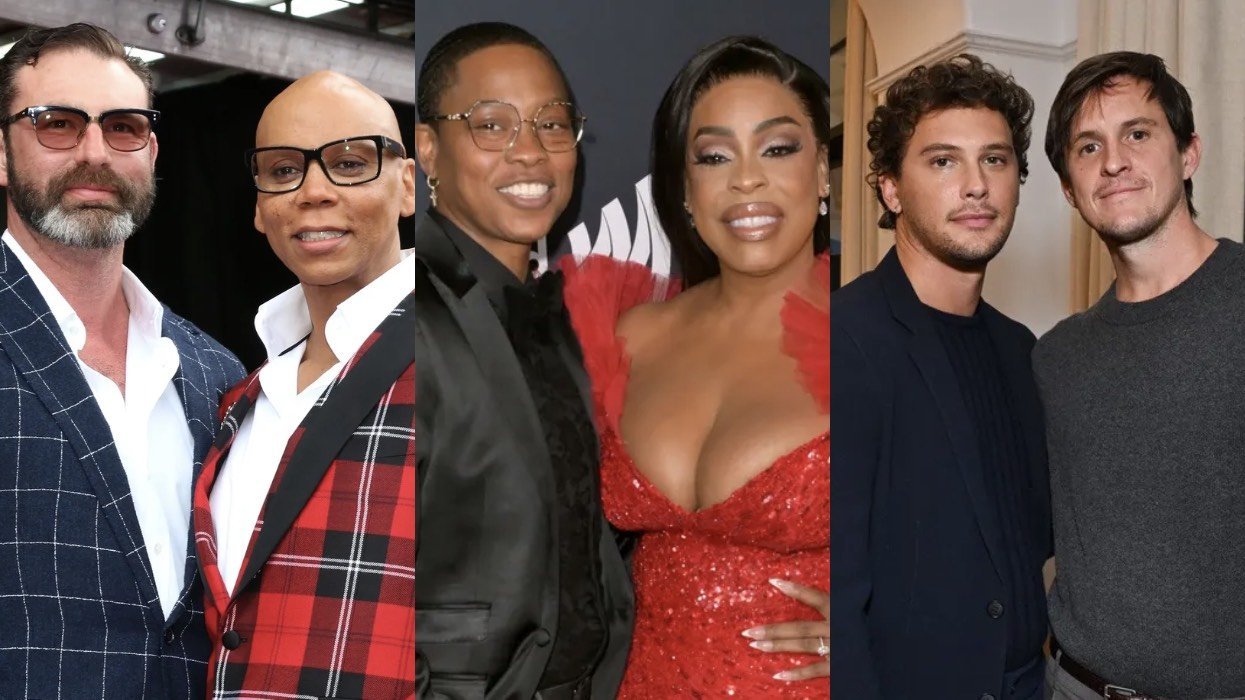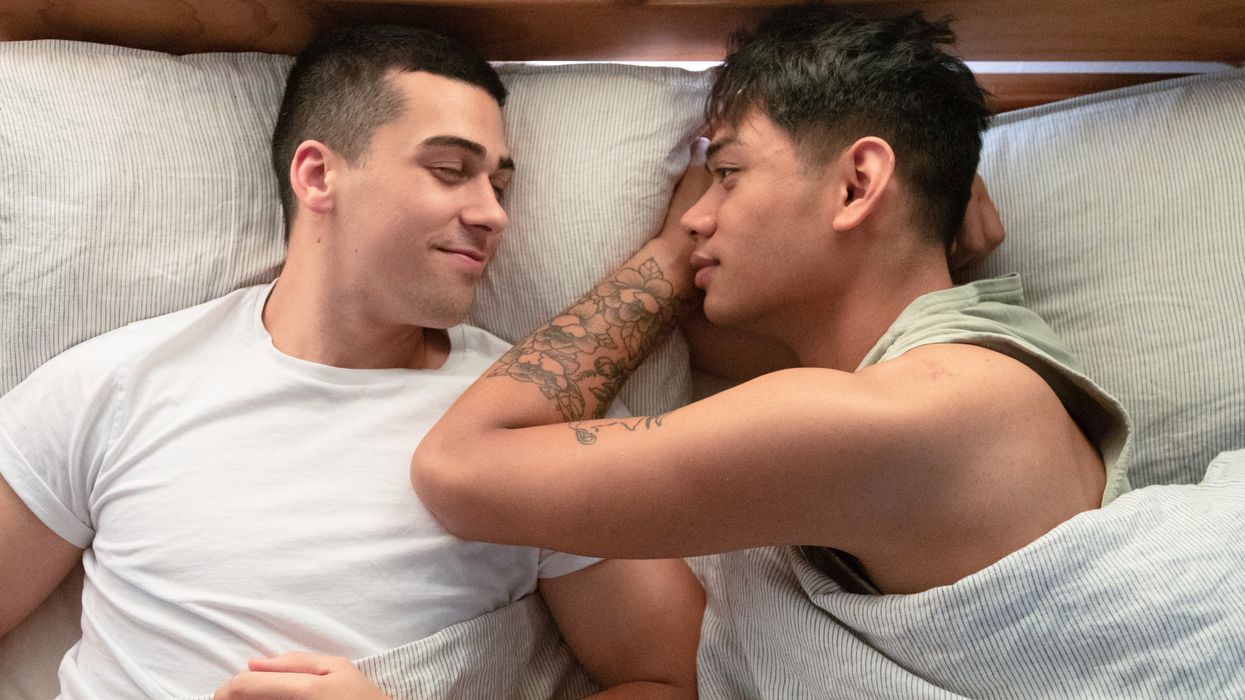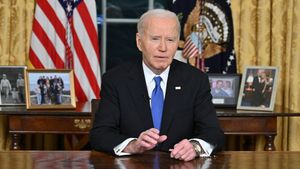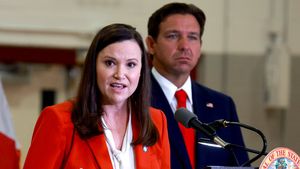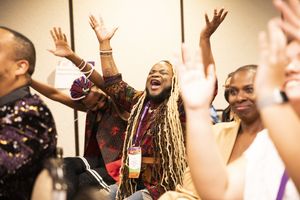Despite a series of federal rulings declaring constitutional bans on marriage equality like South Carolina's unconstitutional, the state's attorney general has promised to continue defending the existing law in court.
South Carolina's attorney general, Alan Wilson, confirmed that his office will continue to defend the state's voter-approved statutory and constitutional bans on same-sex marriage, regardless of a Monday ruling by the Fourth Circuit Court of Appeals — which holds jurisdiction over South Carolina — upholding a lower court ruling that found Virginia's antigay marriage laws unconstitutional.
"Ultimately, this will be a decision for the U.S. Supreme Court," Wilson's spokesman, Mark Powell, told the Associated Press. "People should not rush to act or react until that time, when a decision is made by the highest court in the land."
But that's exactly what North Carolina attorney general Roy Cooper did just hours after Monday's pro-equality ruling regarding Virginia's ban on same-sex marriage from the Fourth Circuit — which holds jurisdiction over West Virginia, North Carolina, South Carolina, and Maryland.
Cooper, North Carolina's Democratic attorney general, announced Monday evening that he would stop defending his state's ban on same-sex marriage, declaring it a waste of time. Notably, Cooper also expressed confidence that the U.S. Supreme Court would ultimately decide the issue of marriage equality nationwide, but he seems to have arrived at a different conclusion than the attorney general in neighboring South Carolina.
Wilson, a Republican, however, confirmed that his state's bans on marriage equality — first enacted through state statute in 1996, then approved as an amendment to the state constitution by 78 percent of voters in 2006 — remains the law of the land, according to the AP.
As the chief legal officer in the state, Wilson is listed as a defendant in a federal case filed by a lesbian couple who were legally married in Washington, D.C., but now live in South Carolina, where the women say they are treated like legal strangers.
Despite an unbroken judicial winning streak of 28-0 in cases seeking marriage equality since last summer's landmark Supreme Court decision striking down a key section of the so-called Defense of Marriage Act, West Virginia's attorney general similarly declined to change course in the wake of Monday's ruling, according to the West Virginia Gazette. A spokesperson for West Virginia Attorney General Patrick Morrisey — who filed a brief supporting Virginia's antigay-marriage laws — said the attorney general was still reviewing Monday's decision, and would withhold comment until the decision is finalized by a higher court.
The federal case in Virginia, brought by the American Foundation for Equal Rights and the same bipartisan legal team that effectively argued against California's Proposition 8 at the Supreme Court, is one of several that could reach the nation's highest court in the near future. Other federal cases seeking the freedom to marry that could land before the Supreme Court include decisions from the 10th Circuit regarding Oklahoma and Utah, where a three-judge panel affirmed lower court rulings finding both state's bans on marriage equality to be unconstitutional.
While Monday's ruling was the first from the Fourth Circuit Court of Appeals regarding marriage equality, the 10th Circuit Court of Appeals has also found in favor of the freedom to marry in two cases regarding Utah and Oklahoma — which prompted some Colorado counties to begin issuing marriage licenses to same-sex couples, despite the state's constitutional ban on marriage equality.
Federal lawsuits seeking the freedom to marry are currently pending in six circuits, according to advocacy group Freedom to Marry. Nationwide, 77 cases have been filed in 32 states and territories that do not yet embrace the freedom to marry. Washington, D.C., along with 19 states currently allow same-sex couples to marry in the U.S.














































